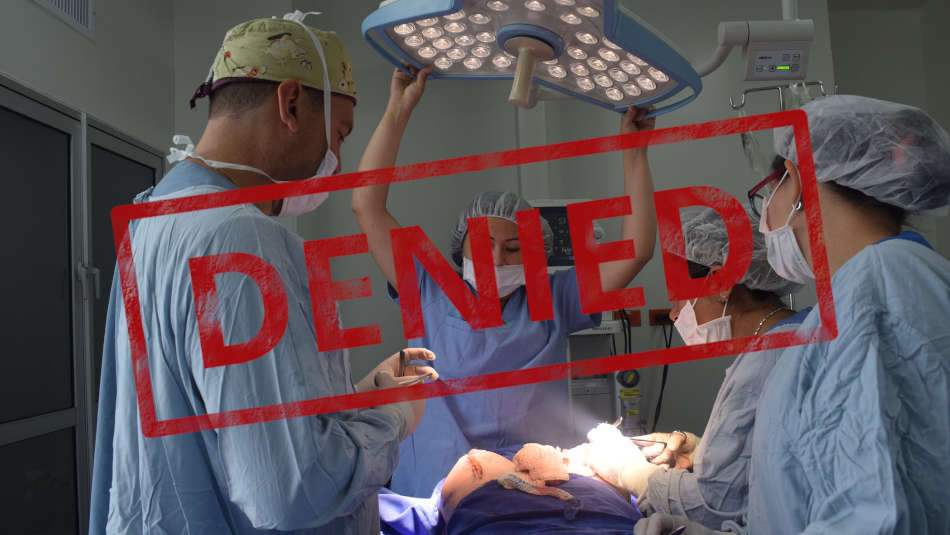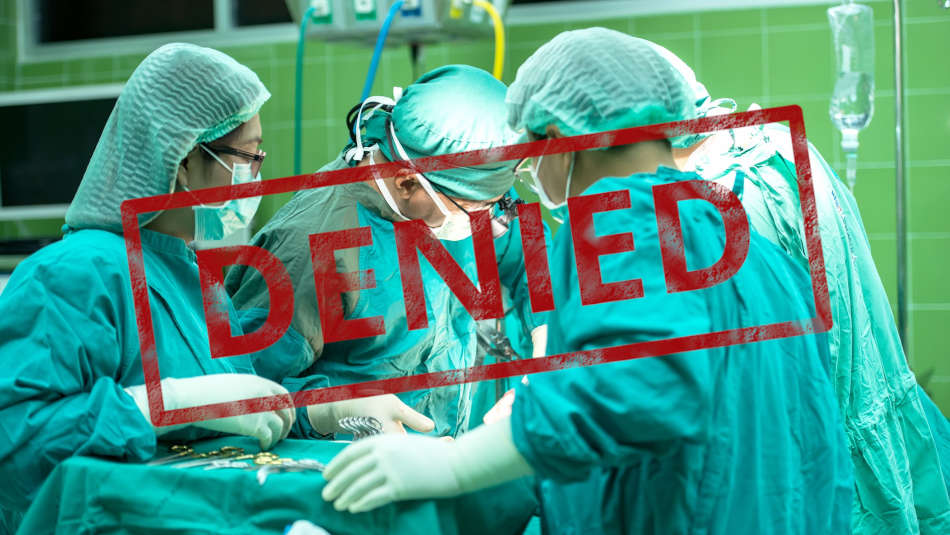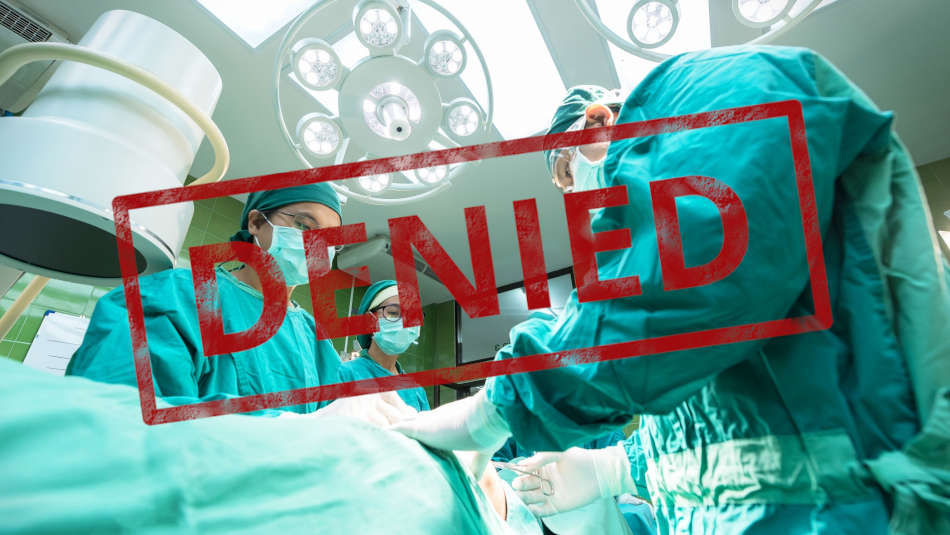When visiting a medical specialist, you may sometimes be given an appointment with a nurse practitioner as opposed to a doctor. But what is the difference between these two roles?
Oftentimes, nurse practitioners are allowed to perform very similar tasks to that of a doctor and for those without a medical background, the lines may become blurred.
With that in mind, we are going to explore the things that what are nurse practitioners not allowed to do and what they cannot do when compared with a doctor.
For non-specific types of medical ailments, you will often see a nurse practitioner rather than your regular physician, and there is a good reason for this.
These specialist nurses are much more deeply trained than a regular nurse and have the power to do many of the same tasks as a doctor.
A good example of this is that when you visit a nurse practitioner, he or she will be able to diagnose your condition and prescribe you any medication that you may need to cure or ease this condition.

Related articles of ours:
Nurse practitioners are able to treat patients for a range of common conditions which may include, but are not limited to, any of the following:
- Urinary tract infections, also known as UTI’s
- Thrush
- Back pain or muscle injuries
- Sprains
- Vomiting and diarrhea
- Wounds, burns or scalds
- Swollen glands
- Chest infections
Your nurse practitioner may also be there to assist you with any long-standing medical issues which require ongoing treatment such as asthma or diabetes.
They can even refer you to a hospital for more intense treatment should it be needed.
However, a nurse practitioner is not able to do this for children who are under the age of 5, as they are required to see a doctor who will specialize in treating younger patients.
This also applies to pregnant mothers, who will need the care of a doctor.
One of the main things that a nurse practitioner is not able to do is to perform surgery, this must always be done by a doctor.
This applies to specialists and detailed surgeries which are always performed by someone who had trained in this area, as well as minor surgeries such as cyst removals.
Is it important to keep in mind that depending on your location, nurse practitioners may have slightly different duties and tasks that they are allowed to perform.
That being said, speaking in a general sense, for most of the developed world, nurse practitioners are allocated similar tasks wherever they are located – for the most part.
Now that you know the basics about what are nurse practitioners not allowed to do, it’s time to go a little bit deeper.
See also: Can Nurses Accept Tips?
Table of Contents
What are nurse practitioners not allowed to do compared to physicians?

Before we begin to look at what are nurse practitioners not allowed to do in comparison to a physician, it is important to understand the difference in the job roles of the two.
One of the most notable differences between a nurse practitioner and a physician, or doctor is the level of education that they have undertaken.
A doctor spends on average between 7 and 11 years studying, depending on their location, and will often specialize in a specific area of medicine – for example, cardiology or dermatology.
Even general practitioners will usually have a specific area of interest even if they have not done additional training in this.
A nurse practitioner requires a much shorter education and will often have a more general medical knowledge – ideal for the duties he or she will be required to perform.
A nurse practitioner will need to take a master’s degree in nursing, whereas a doctor will need to take either an MD or a DO, however, both roles required registration in order to be allowed to practice.
See also: Nurse Practitioner Interview Questions
Now let’s take a look at some of the things nurse practitioners are not allowed to do when compared with a doctor:
- If you require a sick note to take a leave of absence from your employment as a result of a medical condition, a nurse practitioner will not be allowed to do this for you. This is a task that must be completed by a doctor.
- A doctor is permitted to set up a private practice, where he or she can run and operate the practice with the correct legal and insurance permits in place. However, a nurse practitioner is not allowed to set up a private practice and must be employed within an already established organization.
- Whilst a nurse practitioner is allowed to prescribe medications in some cases, there are some instances in which he or she is required to work closely with a doctor.
- When medical tests have taken place, for example, to determine whether a patient is suffering from a particular condition, the results of these tests must be reviewed by a doctor. A nurse practitioner is not able to review such test results and make a diagnosis from them.
- As we mentioned earlier, any type of surgery – major or minor must be performed by a doctor. A nurse practitioner is not allowed to perform surgery of any type. However, nurse practitioners are allowed to do things such as removing surgical stitches and treating wounds.
See also: How Many Nurse Practitioners Can a Physician Supervise?
Conclusion: What are nurse practitioners not allowed to do?

As the demand for medicine and medical attention progresses, there are more and more nurse practitioners working alongside physicians.
This both eases the pressure on doctors who are extremely busy and also allows people to get into medicine at a lower level than of physicians.
That being said, whilst there are a wealth of things that a nurse practitioner is able to do, there are some things that they cannot do.
Some examples of what cannot be undertaken by a nurse practitioner are minor surgeries and finding abnormalities on test results, these are responsibilities that are solely performed by doctors.
See also: Responsibility of a Nurse – With 7 Examples
Aside from some of the more serious and detailed aspects of medical practice, a nurse practitioner is allowed to do many of the same things that your doctor can do, making them an excellent option for diagnosing and treating many common issues.
Now you know pretty much all about what are nurse practitioners not allowed to do.
See also: Can Registered Nurses Prescribe Medication?
If you would like to learn some more, check out these articles of ours:
- What Are Registered Nurses Not Allowed to Do?
- Nurse Practitioner Specialties List
- Where Do Nurse Practitioners Work?
- How to Address a Nurse Practitioner?
- Nurse Practitioner vs Physician Assistant
- Can Nurses Look Up Medical Records?
I’d be glad if you could give this article a star rating. Thank you in advance! 🙂
